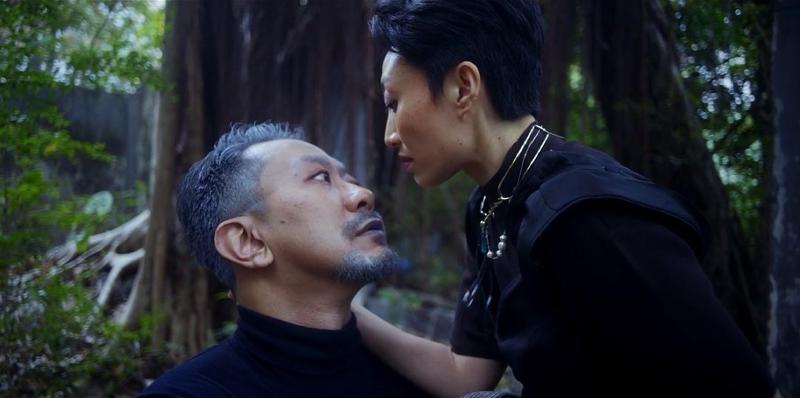Remixing Shakespeare’s sonnets


Ata Wong, #1314's director, says that by drawing attention to a stage without players, he aims to highlight the idea of the impermanence of life and relationships, informing much of his source material. "There is a great contrast, as the actors are gone and only the stage equipment stays," says Wong, who intended to give his audience "a moment to digest, reflect and think" during the finale. His hope is that "this seemingly empty space", rife with the traces of a just-concluded performance, might inspire the audience to let "all the echoes within ourselves and around us" sink in.
Taking a moment to let the dust settle might be a good idea, this being a production that requires more effort than usual on the part of the audience. For one, there is the obvious barrier of Shakespearean language and conceits that are no longer current. The sonnets, in particular, are full of innuendo, double entendre and cryptic clues, and are written in a formal, if not florid, style. The director has upped the ante by mixing up the order in which the sonnets appear in Shakespeare's quarto, splicing together two or even three poems on occasion, and presenting #1314 like an opera in three languages — Mandarin, Cantonese and the original English.
























